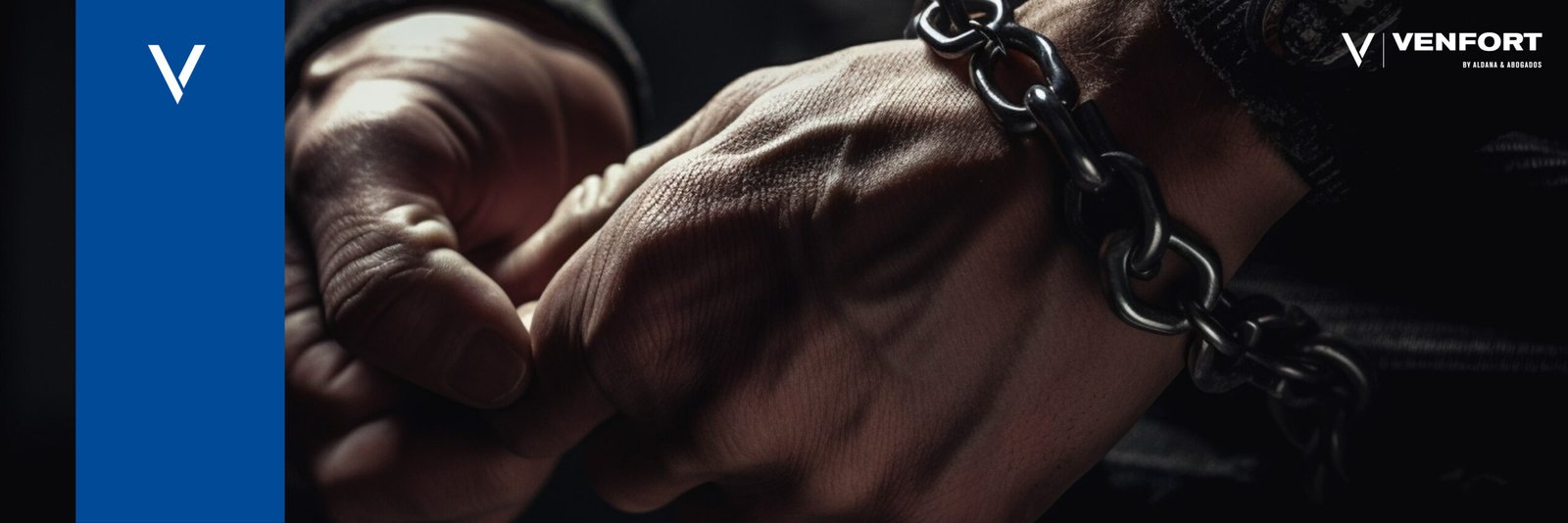Although many countries, including Spain and Venezuela, have constitutional prohibitions on extraditing their own nationals, it is crucial to attend to these processes with due diligence. The importance lies in several key aspects that can significantly affect the rights and legal status of the individual.
Guarantee of rights
Attending to the extradition process ensures that the rights of the individual are respected from the beginning of the proceedings. Adequate legal defense can ensure that fundamental rights, such as due process, the presumption of innocence and protection against unfair or arbitrary trials, are not violated.
Legal dispute resolution
Even if there is a prohibition on extraditing nationals, the requested State has the obligation to investigate and, if necessary, prosecute the individual for the crimes charged. This principle, known as "aut dedere aut judicare" (surrender or prosecute), implies that the country must assume jurisdiction over the crime and thus prevent the alleged offender from evading justice.
International reputation
Compliance with international treaties, obligations and agreements, including cooperation in extradition matters, strengthens the country's reputation in the international community. It demonstrates the State's commitment to work against impunity and respect for the international conventions to which it subscribes.
Prevention of unilateral measures
Failure to properly address the extradition process may lead to unilateral action by the requesting country, such as the issuance of an INTERPOL Red Notice. This could result in travel restrictions for the individual and additional international legal complications.
Avoid legal and political consequences
Failure to comply with an extradition process can have legal and political consequences, especially diplomatic tensions. It is essential that the requested State demonstrates its willingness to cooperate in the administration of justice, respecting both its domestic and international laws.
Specialized legal advice
Having the advice of lawyers specialized in international law and extradition is crucial. These professionals can provide a solid defense, present the necessary legal arguments and ensure that the process is carried out with all legal safeguards. In addition, they can explore alternatives such as prosecution in the requested country or negotiation of bilateral agreements.
Conclusion
Attending to the extradition process, even when there is a prohibition on the surrender of nationals, is crucial to ensure respect for the individual's human rights, the proper resolution of legal disputes and the maintenance of the country's international reputation. Cooperation and compliance with international obligations reflect a commitment to justice and legality, thus avoiding legal and diplomatic complications. Specialized legal counsel is indispensable to navigate this complex area and protect the interests and rights of the individual concerned.













